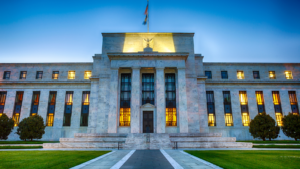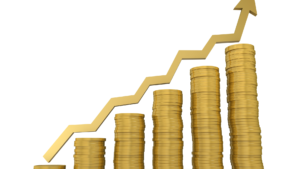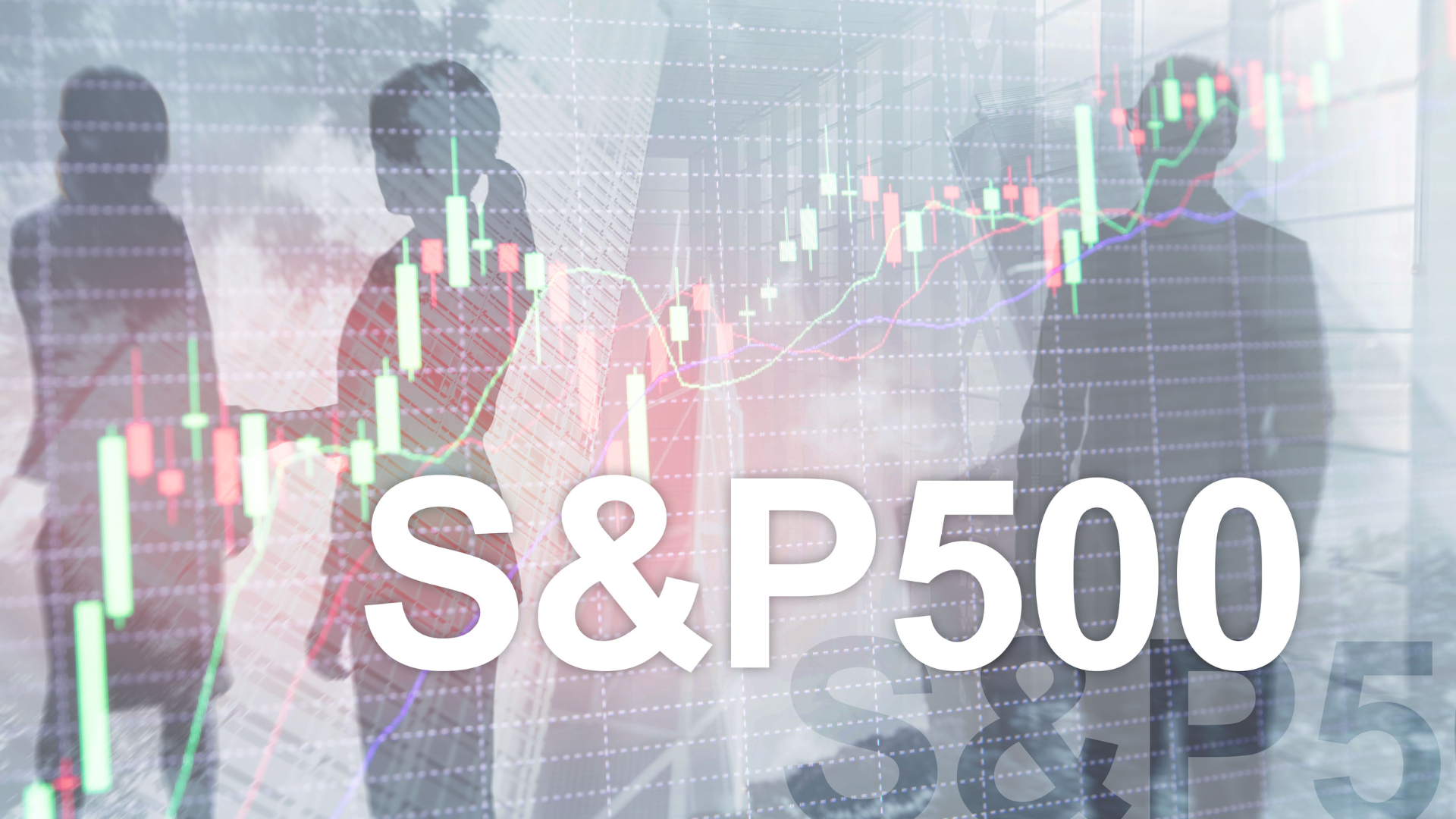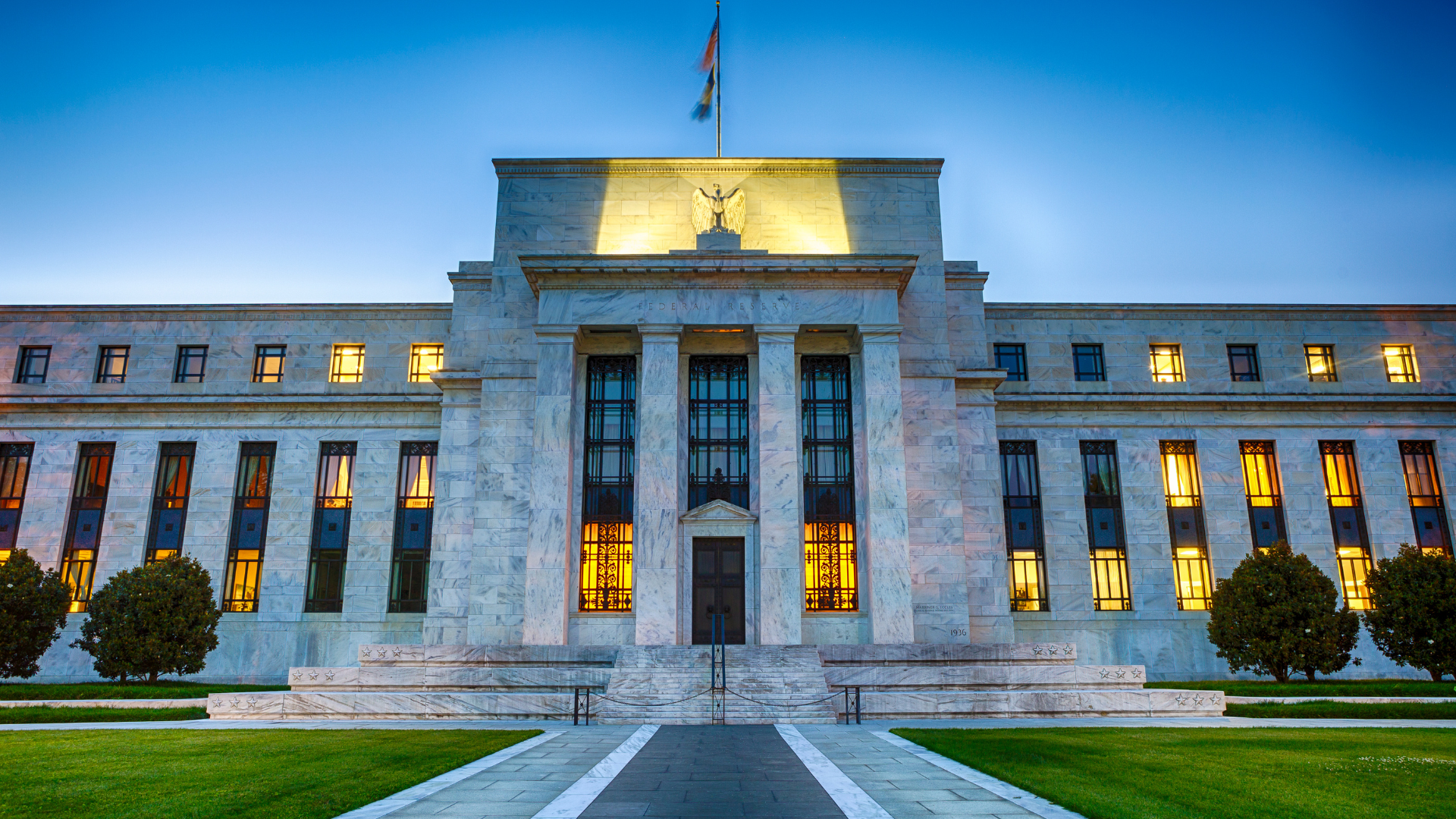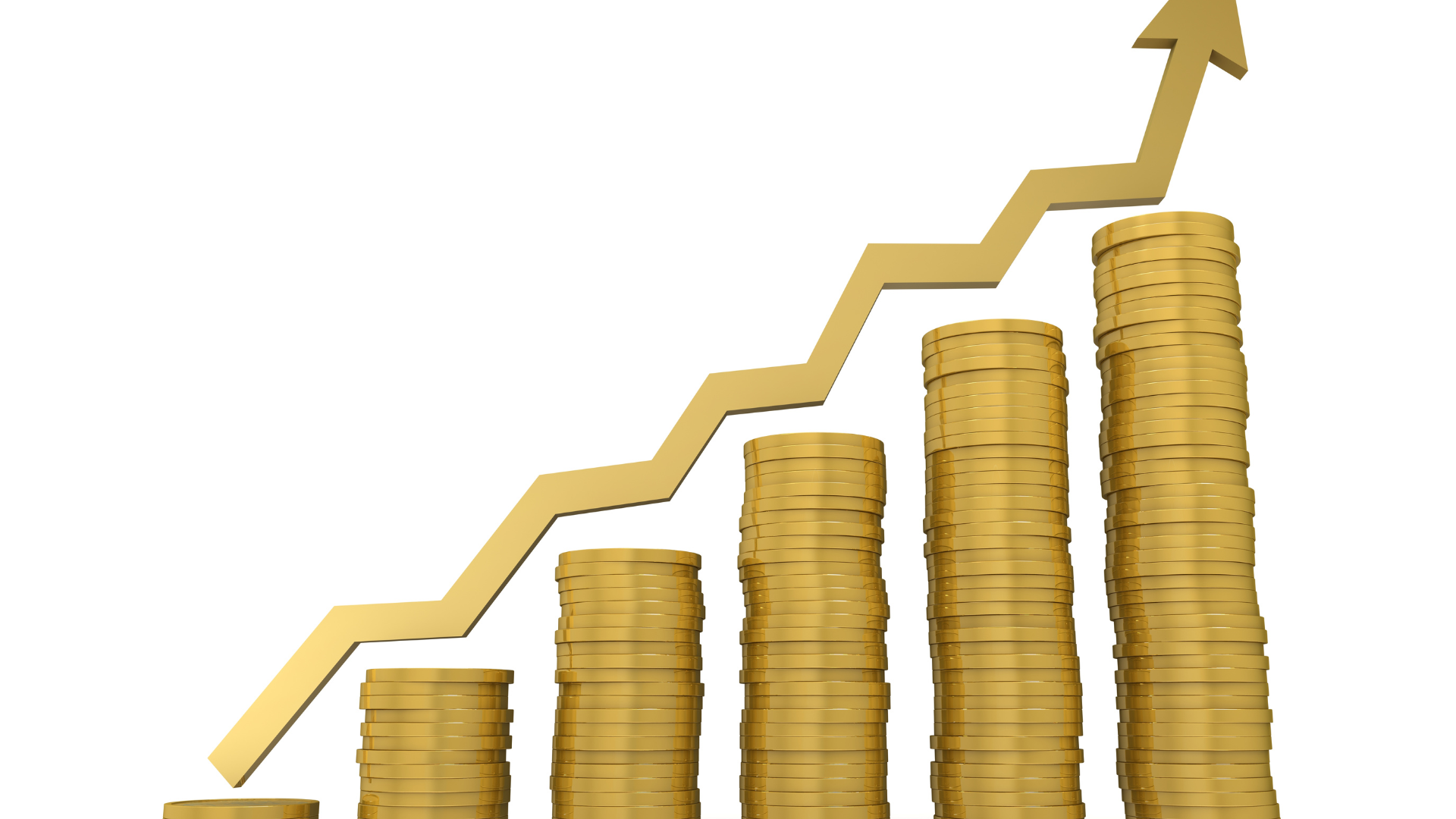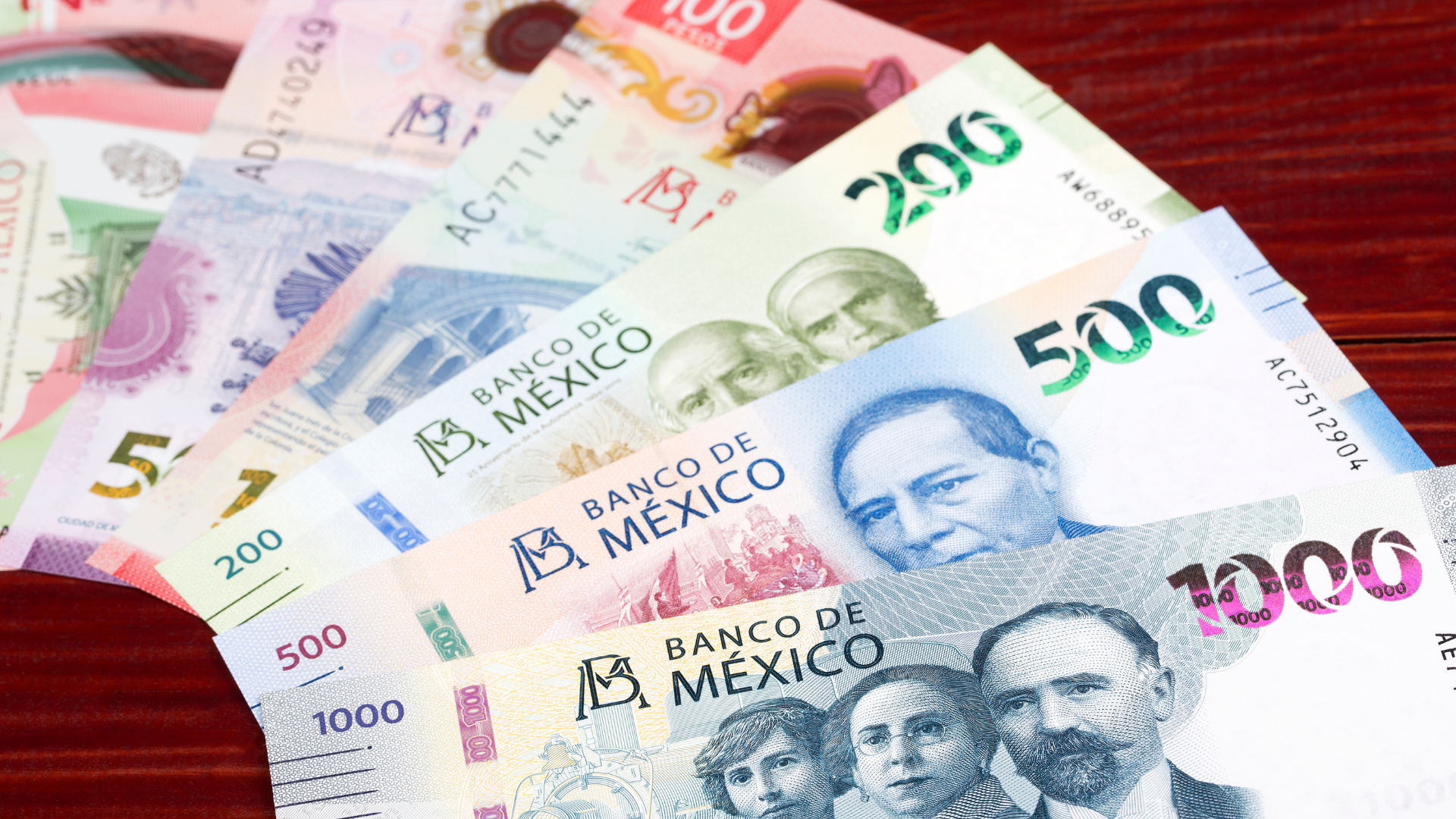The global economy is bracing for a challenging 2025 as rising geopolitical tensions, inflationary pressures, and financial instability converge. Analysts warn that uncertainty across key markets could significantly impact growth, with many economies struggling to regain momentum post-pandemic.
Persistent inflation remains a core issue, driven by elevated energy prices and supply chain disruptions. Central banks worldwide face the dilemma of curbing inflation without stifling growth. Meanwhile, geopolitical risks, including potential conflicts and trade restrictions, are casting shadows on global trade and investment flows. The International Monetary Fund has flagged these issues as critical challenges that may lead to slower GDP growth globally.
As financial markets navigate heightened volatility, investors are adopting cautious strategies, focusing on safe-haven assets. The year ahead may witness tighter fiscal policies and reduced consumer spending, further straining economies already grappling with high debt levels. Policymakers are under pressure to deliver decisive actions to stabilize markets and foster sustainable growth.
The global economic outlook for 2025 hinges on effective policy responses and mitigating systemic risks. Without coordinated efforts, the year could mark a tipping point for prolonged economic stagnation.


